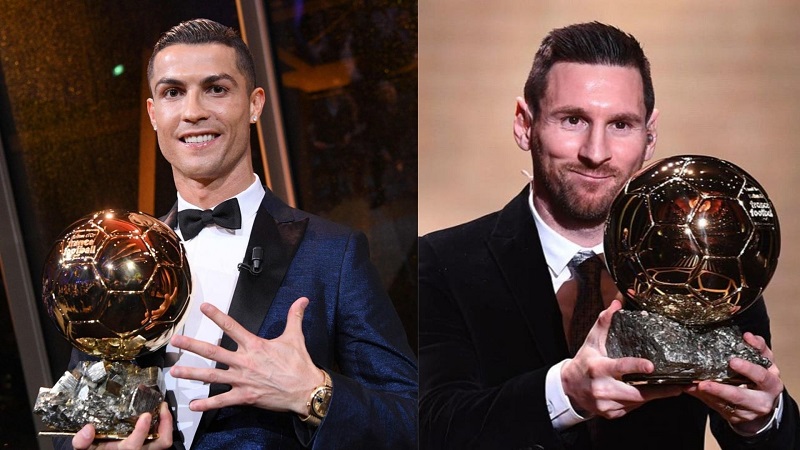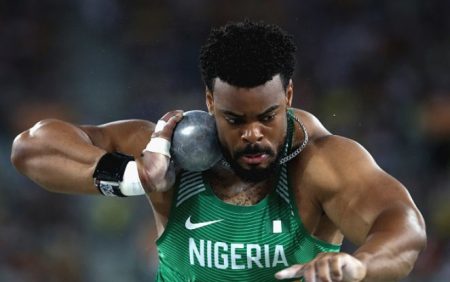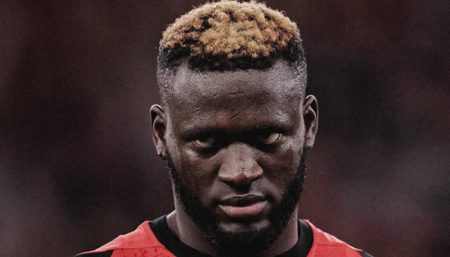Lionel Messi, the Argentine maestro and Inter Miami talisman, has publicly acknowledged his respect and admiration for his long-time rival, Cristiano Ronaldo. In a recent statement, Messi emphasized the remarkable longevity of Ronaldo’s career, highlighting his continued presence at the pinnacle of the sport even at the age of 40. This acknowledgement comes amidst a renewed debate about the greatest footballer of all time, a discussion often centered on the contrasting styles and achievements of these two iconic players. Messi’s words underscore the mutual respect that exists between them, despite the intense rivalry that characterized their years competing at the highest echelons of European football.
The rivalry between Messi and Ronaldo has defined a generation of football. For over a decade, they traded blows on the pitch, pushing each other to unprecedented heights of individual brilliance. Their contrasting styles provided a captivating spectacle for fans worldwide: Messi, the diminutive magician, weaving through defenses with unparalleled dribbling skills; Ronaldo, the physically imposing athlete, renowned for his aerial prowess and thunderous strikes. Their individual battles in El Clasico, the fiercely contested matches between Barcelona and Real Madrid, became legendary encounters, watched by millions across the globe. While the rivalry undeniably fueled their individual successes, it also elevated the overall standard of the game, inspiring a new generation of aspiring footballers.
Messi’s statement clarifies that their competition, while intense, was confined to the pitch. He stressed that their personal interactions have always been marked by respect, even if they haven’t developed a close friendship due to a lack of shared time off the field. This distinction is crucial in understanding the nature of their relationship. It highlights the professional respect that exists between two individuals who, despite being pitted against each other by circumstance and media narrative, recognize each other’s dedication, talent, and contribution to the sport. This perspective offers a nuanced understanding of a rivalry that has often been portrayed as acrimonious and fueled by personal animosity.
Messi’s recent performances for Inter Miami have further fueled the debate about his enduring legacy. His spectacular free-kick against Cruz Azul at the FIFA Club World Cup not only showcased his trademark brilliance but also marked a significant milestone in his career. This goal, his first at the Club World Cup since 2015, also represents his 50th goal for the club in just 61 appearances. This remarkable statistic underscores his continued impact and ability to adapt to new environments and challenges, even in a league often considered less competitive than Europe’s top tiers. His contribution to Inter Miami’s Club World Cup campaign further solidifies his status as a global icon and reinforces the argument for his place among the greatest footballers of all time.
The FIFA Club World Cup, a tournament bringing together the champions of each continent, provides a platform for Messi to add another accolade to his already impressive collection. Having already won the tournament three times with Barcelona, he is now seeking to secure a fourth title with Inter Miami. His individual performances, including the crucial goal against Cruz Azul, have propelled his team closer to the knockout stages, leaving them needing just a point from their final group match to advance. A successful campaign in this tournament would further cement his legacy and add another dimension to his already illustrious career.
The intersection of Messi’s statement regarding Ronaldo and his ongoing performances for Inter Miami provides a compelling narrative in the ever-evolving story of football. It showcases the complex dynamics of sporting rivalries, the enduring brilliance of individual talent, and the pursuit of collective glory on the global stage. Messi’s continued success and his respectful acknowledgement of Ronaldo highlight the maturity and sportsmanship that defines the twilight years of their respective careers. As they continue to grace the football pitch, their legacies intertwine, shaping the history of the sport and inspiring future generations of footballers.














